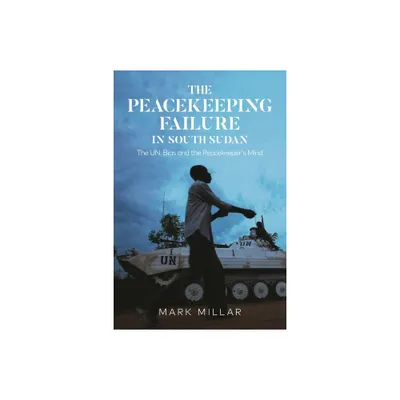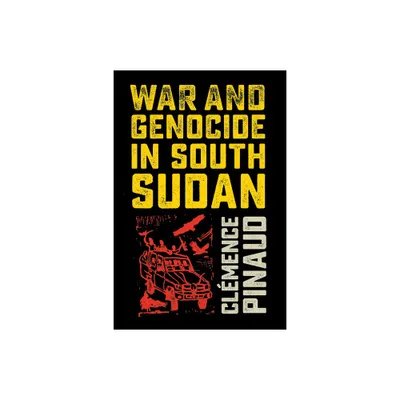Home
South Sudan: Human Rights
Loading Inventory...
Barnes and Noble
South Sudan: Human Rights
Current price: $12.95


Barnes and Noble
South Sudan: Human Rights
Current price: $12.95
Loading Inventory...
Size: OS
*Product Information may vary - to confirm product availability, pricing, and additional information please contact Barnes and Noble
South Sudan is a republic operating under a transitional constitution signed into law upon declaration of independence from Sudan in July 2011. The country was led by President Salva Kiir Mayardit, whose authority derives from his 2010 election as president of what was then the semiautonomous region of Southern Sudan within the Republic of Sudan. While the 2010 Sudan-wide elections did not wholly meet international standards, international observers believed that Kiir's election reflected the popular will of a large majority of Southern Sudanese. International observers considered the January 2011 referendum on South Sudanese self-determination, in which 98 percent of voters chose to break from Sudan, to be free and fair. President Kiir is a founding member of the Sudan People's Liberation Movement (SPLM) political party, the political wing of the Sudan People's Liberation Army (SPLA). SPLM representatives controlled 19 of the 21 ministries and 298 of 332 seats in the bicameral legislature, which consists of the National Assembly and the Council of States, and nine of 10 state governorships. The legislature lacked independence and was dominated by the ruling party. Authorities failed at times to maintain effective control over the security forces. Security forces committed human rights violations. On December 14, a contingent of SPLM political leaders withdrew from the party's National Liberation Council (NLC) to protest party governance. On December 15, violence erupted in Juba within the Presidential Guard Force (PG) of the SPLA. According to witnesses, the violence began when PG members of Dinka ethnicity attempted to disarm PG members of Nuer ethnicity. During the weeks that followed, Dinka members of the PG and other security forces reportedly conducted targeted killings of Nuer civilians across the city. The events led to armed conflict between government forces and newly formed antigovernment forces in several states across the country and ethnic violence by civilians. By the end of the year, at least 1,000 individuals were killed and approximately 180,000 displaced as a result. The violence continued at year's end. The three most serious human rights problems in the country were conflict-related abuses by government security forces, rebel militia groups (RMGs), and rival ethnic communities, including killing, abuse and displacement of civilians; security force abuses unrelated to conflict, including extrajudicial killings, torture, rape, intimidation, and other inhumane treatment of civilians; and lack of access to justice, including arbitrary arrest, prolonged pretrial detention, and corruption within the justice sector.


















